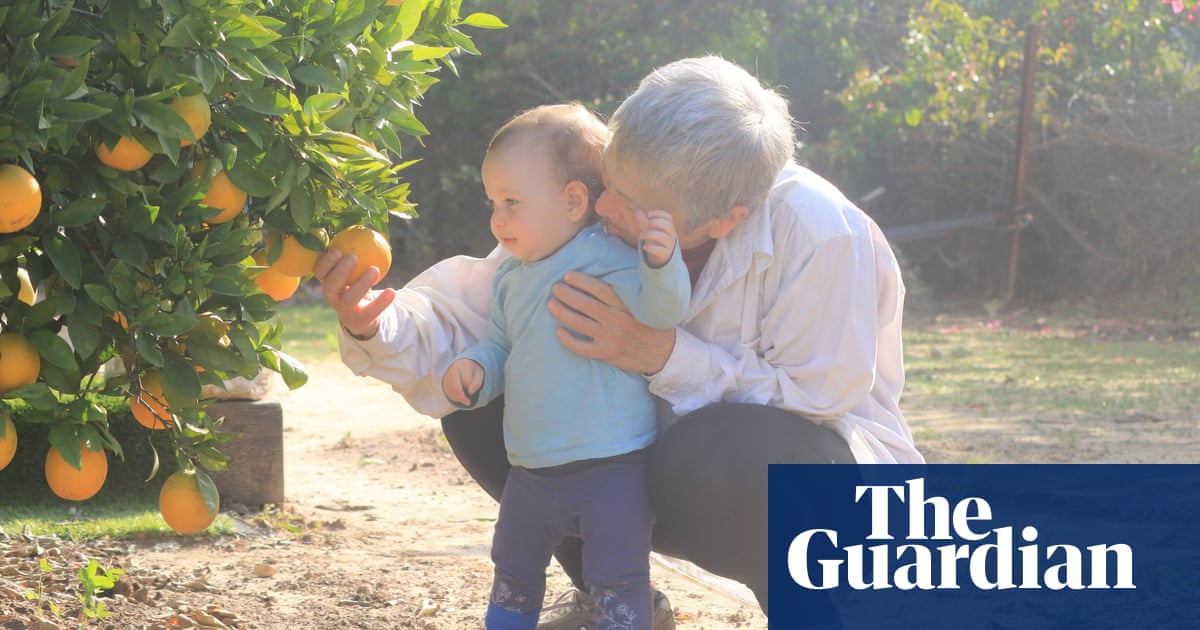
rowing up in Liverpool in the 70s, my friends and I often took ourselves off to visit the awe-inspiring Liverpool Museum and the Walker Art Gallery. Our parents were busy – mine a single mother of four – and were relaxed about our wanderings. I spent hours staring at paintings and artefacts: I was endlessly fascinated by stories from the past, and the wide world of ideas that each image or object represented.
Those outings shaped my early life vividly at a time when my sense of self, my ideas and identity were just forming. This passion for knowledge led to me being the first in my family to attend university, and eventually becoming the director of the Museum of London. I truly believe that without the exposure to ideas given to me by museums and galleries, my life, career and passions would not be what they are today.
The pandemic has been challenging on so many fronts for the UK’s culture sector, but what has been at the front of my mind is the impact museum and gallery closures are having on young people. They’ve lost afternoons spent wandering the halls of vast galleries, whispering with mates, peering into glass display cases, encountering stories they would otherwise never come across and understanding their place in history and the world around them. These young people have to be at the heart of our efforts to rebuild our cultural institutions.
We’ll be opening a new Museum of London in the coming years, and I want to put young people at the heart of our work. I want every single school child in the city to have the opportunity to experience the awe of travelling back in time as they follow the life of a Roman child their own age. I want them to get distracted from the here and now as they gaze up at the Trump baby blimp, used at multiple protests. And I want them to feel that change is possible as they stare at images of the suffragettes who fought for and won the right to vote.
I also want them to see their own lives reflected in our collection, as we display the contemporary as well as the ancient. Two of my recent highlights are the donation of an Arsenal Black Lives Matter tribute kit, from team captain, Pierre-Emerick Aubameyang, and the oral histories of families celebrating a very different Ramadan during last year’s lockdown.
The museum’s new home will be part of a much larger site, occupying a famous, but now largely derelict, space next to the Smithfield meat market, just north of the Thames. We’re going to salvage the last ruin in central London and give it back to the people by imagining a totally new kind of museum, which visitors can walk through as if it were still a marketplace.
The space will be porous, with people encouraged to come and go as they please. I want them to be able to sit, relax and soak up the atmosphere, or talk loudly with friends, or join in with an activity – I’ve never been a fan of hushed silence in museums.
It won’t simply be objects in glass cases, either: the ground floor of the vast general market will be filled with spaces for community events, installations from up-and-coming London artists and makers, music and film – some even projected on to the massive dome that crowns the space. We’ve acquired the last ever bell forged at the now sadly closed Whitechapel bell foundry, and my wish is to see it rung by the first visiting school group every day, adding a tactile connection to the object and a much needed bit of fun.
History has shown the UK’s capital to be a resilient and adaptable city, one that has survived great fires, great plagues, financial crashes and attacks. As the streets start to be repopulated post-Covid, and as our cityscapes change to accommodate new working patterns and realities, museums and galleries will be vital in attracting people back into city centres. Culture – which also brings billions of pounds into the UK economy – will be at the heart of our post-pandemic recovery.
Museum spaces are, or should be, a source of joy, debate, learning – and fun; all things that will be sorely needed when this pandemic finally ends.
Sharon Ament is the director of the Museum of London












